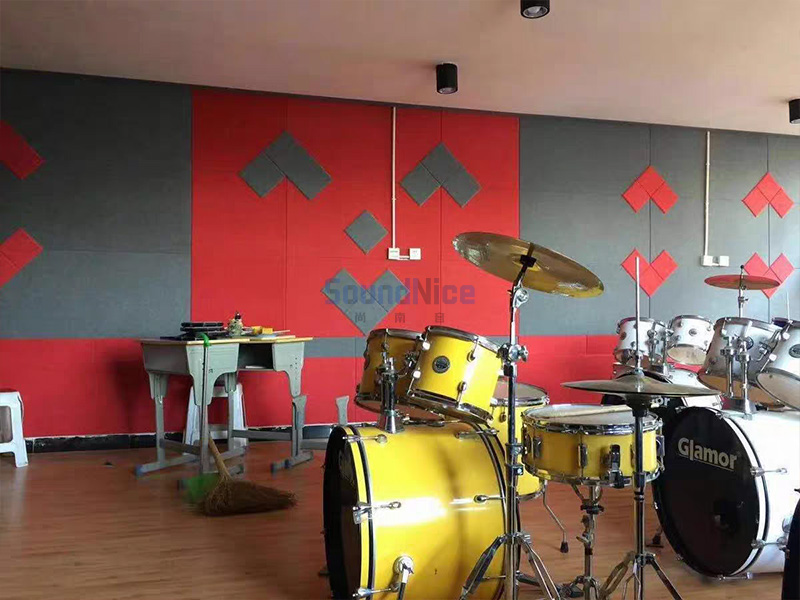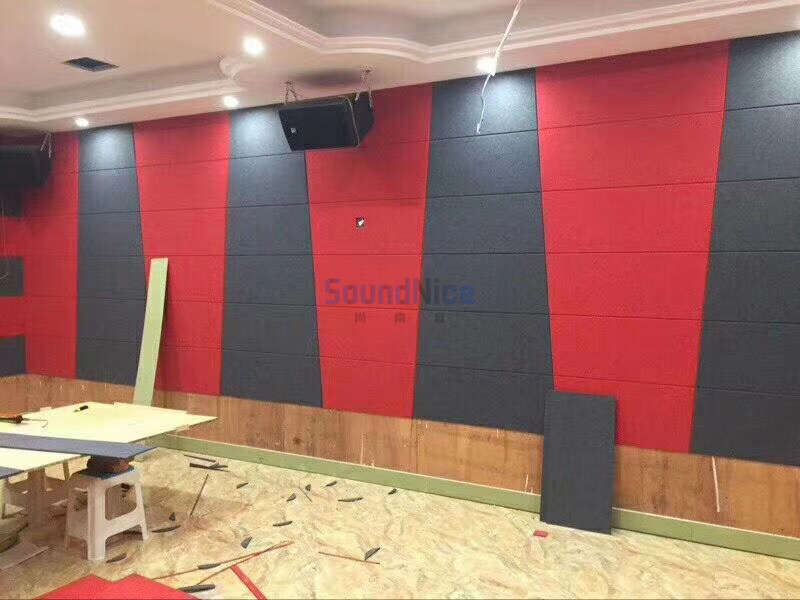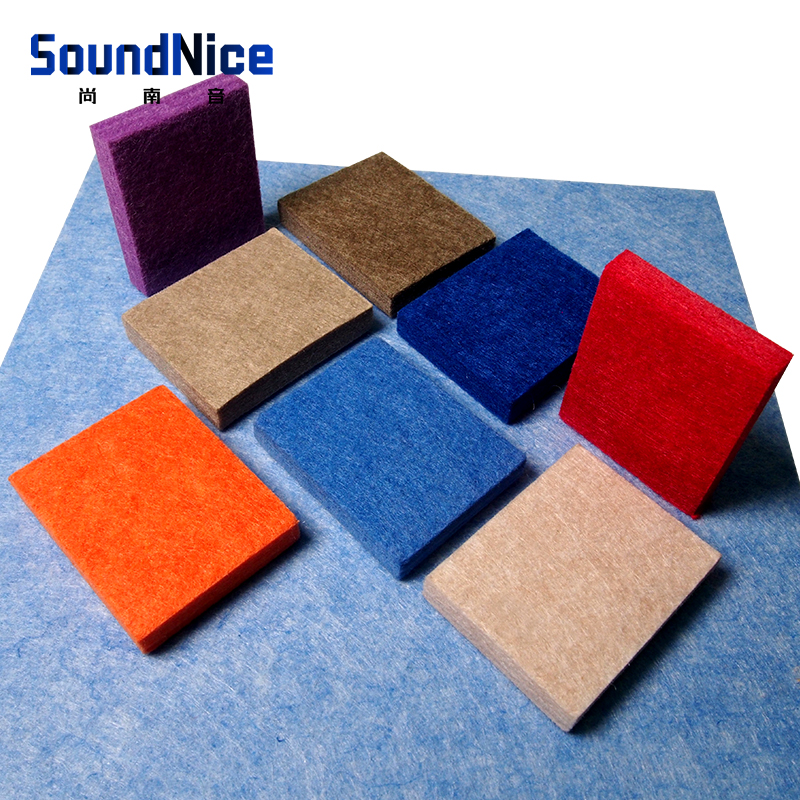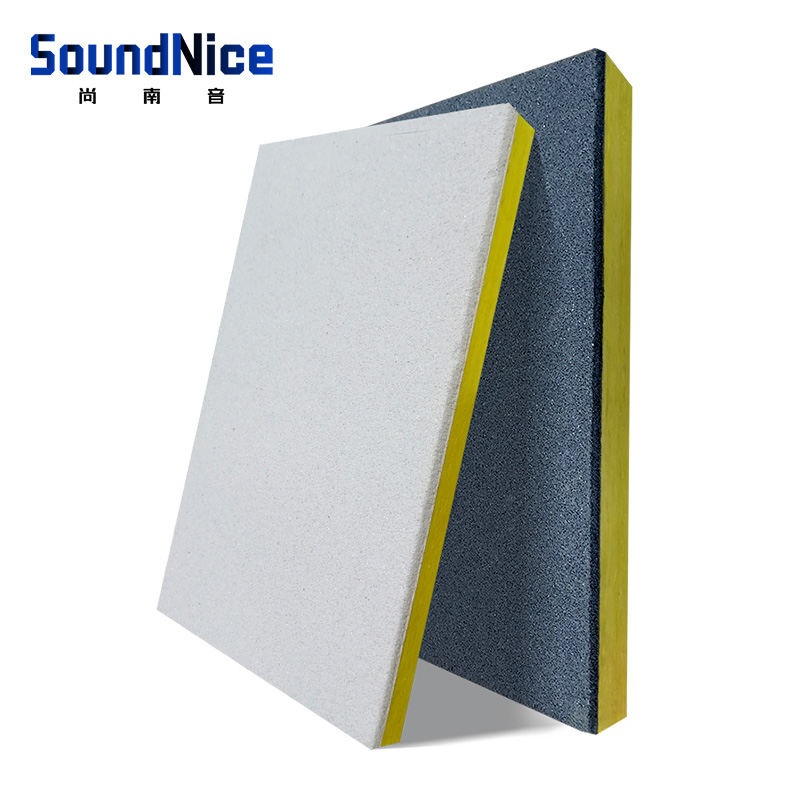
How To Soundproof Your Piano Or Drum Room?
Practice makes perfect. Whether you are a piano student or a drumming trainee, it is not unusual to devote a lot of time to practice.
Not everyone has enough time to stay in the practice room of their corresponding instrument. Unfortunately, when you practice at home, it is inevitable that you will create some sound, which often leads to problems with your neighbors.
Is it essential to make soundproof in your piano or drum practice room?
The actual sound of the instrument is a crucial factor. Students who play an instrument are often inspired by the rich, full sound of the instrument, and students are more likely to study hard to succeed.
Without a good acoustic treatment in your practice room, not only will you affect others but you will also be affected by other noises. Good and realistic sound is an important reference when you are practicing piano or drums.
If you live in a small space, even a good instrument will disturb your neighbors and family.
What do you do if your piano is too loud for your room?
This is when proper acoustic treatment is so important.

How to soundproof your piano or drum room?
There are many factors that affect the sound, and to get the best possible sound, a well-soundproofed room is the first step.
Soundproofing is the solution to creating the best possible sound without disturbing others.
Here are some tips on how to make your practice room better soundproofed.
Tips 1: Consider remodeling space
If you want the sound quality to be optimal, it is worth investing in a retrofit in the long run.
You need to consider vents in the room to avoid sound escaping. You also need to increase the density and thickness of the walls to protect the sound.
You may consider adding a false ceiling to give your upstairs neighbors more peace of mind.
Tips 2: Using soundproof acoustic panels
Sound insulation panels
improve your sound quality by reducing the number of sound waves reflected from the walls. Even with just a few soundproof panels, acoustic sound panels can be very effective if they are placed correctly.
With the development of science and technology, there are more and more types of sound insulation panels. In addition to the sound insulation effect, they are also decorative acoustic panels.
If you want to soundproof a room, using soundproof wall panels and soundproof ceiling panels is a great way to do it.
In everyday life, theaters, shopping malls, and private homes use sound absorption plaster in their infrastructure as their primary source of sound insulation.
However, this method may not be applicable to rooms that already exist. However, it is worth mentioning for its versatility and durability. If you want to increase the acoustics of your piano room, a sound-absorbing plaster system is one of the good choices.
Tips 3: Adding Seals to Doors and Windows
Soundproofing treatment will also involve soundproofing your doors, and you'll want to make sure you've filled all air gaps from your windows and doors. You can also purchase acoustic sealing kits for your doors and then easily install them yourself.
You may consider replacing a hollow door with a solid door. Besides, keep your doors and windows closed when playing the piano.
Tips 4: Other interior configurations
Configurations such as thick carpeting, acoustic curtains, and acoustic paint can add points to your practice room. Acoustic curtains can act as a barrier between sound waves and surfaces to reduce the amount of sound escaping.
Conclusion
I believe you have a simple understanding of room acoustics treatment after you have read the article. The right acoustical products help you turn your room into a viable studio.
TIAN JIE produces professional acoustic products such as sound insulation materials, sound insulation panels, etc. TIAN JIE has experience in many successful project cases. If you are in need of acoustic treatment, TIAN JIE will be a good helper for you.
Perhaps you are interested in the following topics










Leave a comment